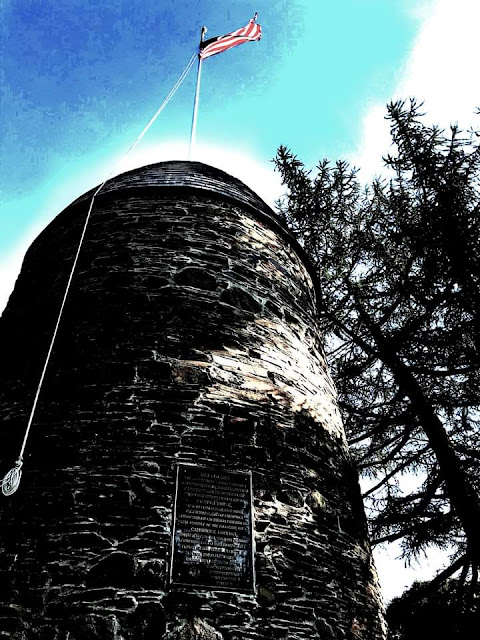Ghastly Winter Ghosts of New England – Part One

Frostbite takes hold in fewer than 5 minutes. Numbness grips your limbs. Pins and needles race over your skin. Ice crystals form on your body. Your muscles stiffen. Your joints stop working. Your face turns white, then waxy, then hard. That’s what the cold does to you and the cold is New England. You can’t separate them. When a tourist comes in with smiles and words, you don’t have time for it. They get to leave and go back to the warmth. You, the New Englander, live in the cold . Do you really have to wonder why there are so many ghost stories to be told? Up in northern Maine , on the outskirts of Haynesville, there’s a stretch of road so lonely that it’s only named Route 2A. This is the extreme north of Maine in a forgotten piece of the United States that’s so distant from the rest that it gets its electricity from Canada. Not that it needs much power, though. The population of Haynesville, Maine is only 97 and it’s not set to increase anytime soon. There was a time, however, when th...


